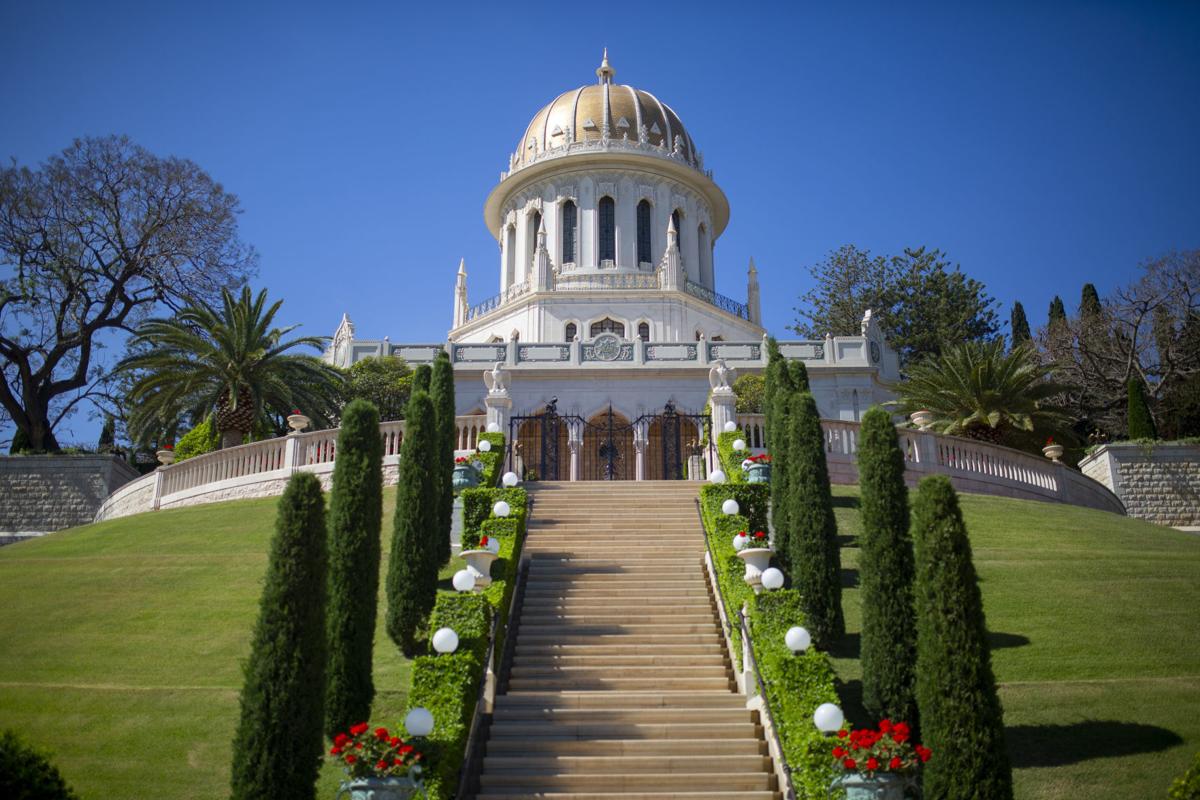
Embedded in an overview of messianic and reformist movements in different parts of the world aiming for creating a better world and a brief outline of the Ottoman reform period in the 19th century, this presentation aims to review the role and goal of Baha’u’llah, the prophet-founder of the Bahaʼi Faith, as self-declared “World Reformer”. The Baha’i Faith found itself not only drawn and reacting to an atmosphere of change in the 19th century but claimed to be the cause of it. It is a religious movement with a message that wishes to change the world and very well fits into the reform atmosphere of that time. Baha’u’llah repeatedly states that His sole aim is “the betterment of the world” or its “reformation”. He not only urges the world’s religious leaders and the rulers thereof to unitedly arise for the reformation of this age and the rehabilitation of its fortunes but calls all of humanity to participate in this global enterprise. One of Baha’u’llah’s well-known key statements for this is “All men have been created to carry forward an ever-advancing civilization.” And one of the core statements of Baha’u’llah intended for efforts in advancing a peaceful world civilization with vibrant communities where serving others is the main objective is: “The betterment of the world can be accomplished through pure and goodly deeds, through commendable and seemly conduct.” This statement by Baha’u’llah highlights the importance of virtuous actions and ethical behaviour in contributing to the betterment of the world. The transformation of society begins with individual actions guided by principles of goodness and integrity. As “World Reformer”, Baha’u’llah’s mission is to inspire and guide people toward such behaviour, thereby contributing to the realization of a more just, harmonious, prosperous and peaceful world. In this sense, the title “reformer” is applicable to everyone, follower or not, who contributes to the betterment of the world and thus to peace in the world.
Clearwater Bahá’ís is inviting you to a scheduled Zoom meeting.
Topic: For “the betterment of the world”: Reformist Movements in the 19th Century and Bahaʼuʼllah as “World Reformer”
Time: Dec 1, 2024 12:00 PM Eastern Time (US and Canada)
Join Zoom Meeting https://us02web.zoom.us/j/89936550050
Meeting ID: 899 3655 0050



